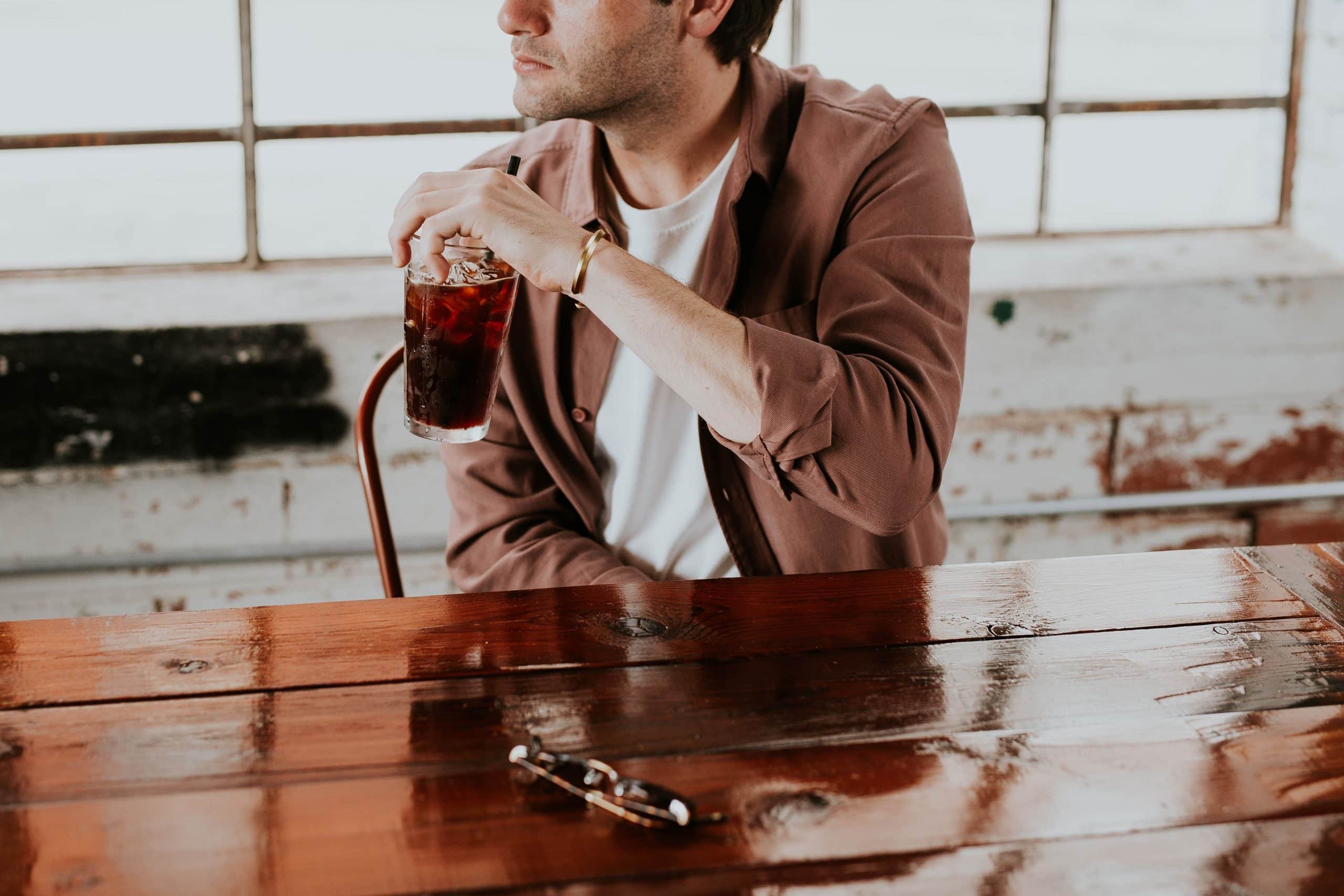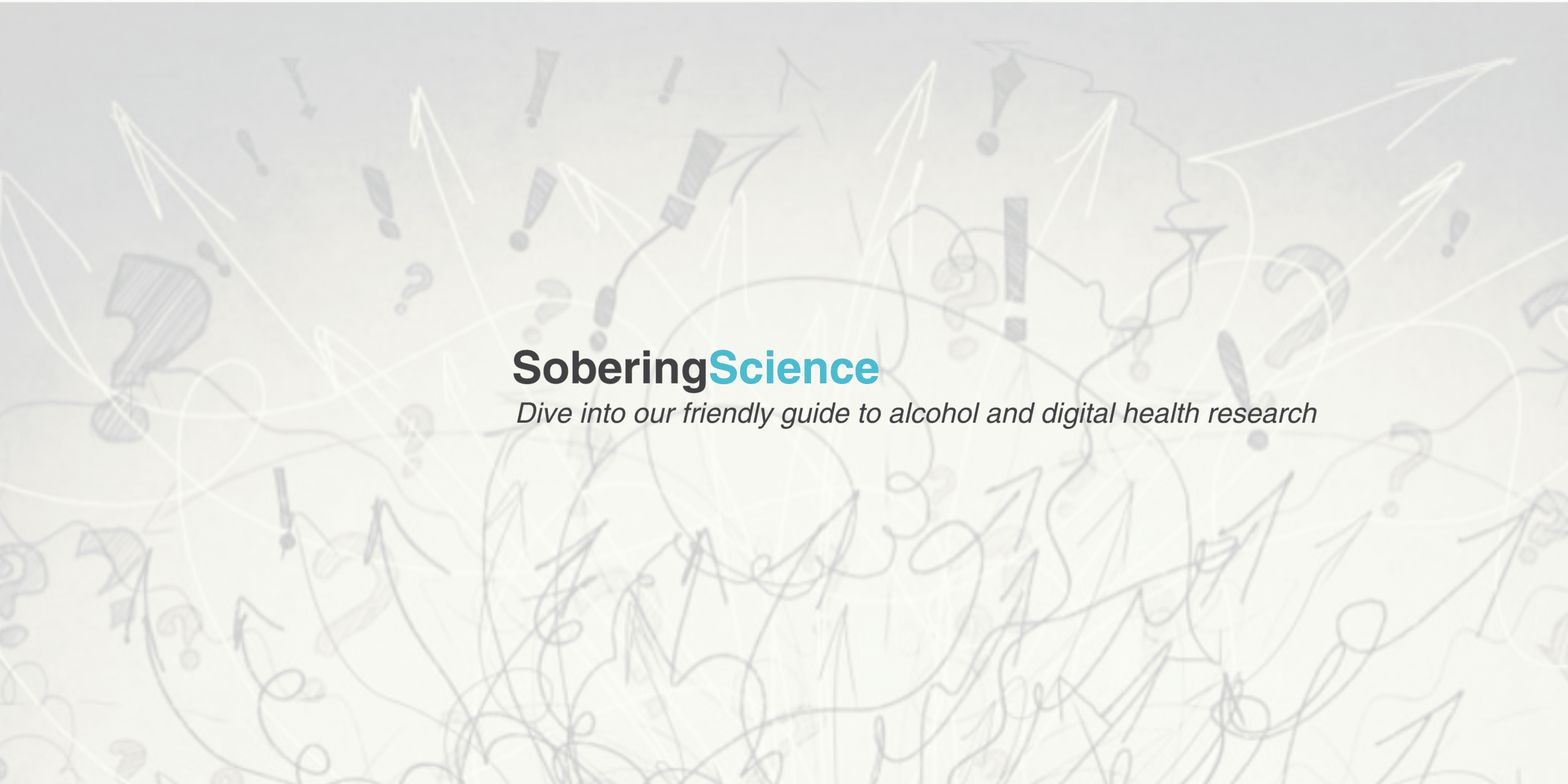
Are you involved in passive drinking?
At Daybreak, we are constantly hearing stories from members who are reflecting on their behaviour and patterns of drinking. The Daybreak feed holds a wealth of information about some common issues people have with their alcohol use, as well as the kinds of things that they have found helpful.
Broadly, most of our members describe one main factor – that their alcohol use has become problematic when they have been using alcohol in high frequency, or high volume, or both. It makes sense – occasional use, and in moderation, may for many be manageable. It is only when we are drinking daily or almost daily, and exceeding the recommended number of drinks, that we may start to see consequences such as health issues, low mood and impacts on work and relationships.
The second point is that, for many members, this ‘risk’ factor (high volume, high frequency, or both) generally occurs in the evenings during weeknights. Quite different from the stereotype of a person writing themselves off on the weekend and living through a crippling hangover the next day – the majority of people find that their risky drinking is actually occurring on weeknights, and after work, in that downtime where they have a few hours to themselves.
This type of drinking, while it might not seem as ‘risky’ as the weekend bingeing, is, from a health perspective, perhaps even more problematic. When we consider our at-home drinking, we can picture someone sitting on the couch watching Netflix, browsing the internet or reading a book. They are not necessarily attending to the amount they are drinking – this is their relaxation time. They spend a few hours doing this, and before they know it, the whole bottle is gone and they are off to bed, somewhat the worse for wear.
For many of our Daybreak members, this kind of ritual – relaxing with a drink in the evening – becomes a regular occurence; the more stressed or tired we are, the more vulnerable we might be to staying up late to watch that extra episode, with another glass of wine. The reason this kind of drinking is risky is because it is done over a period of time (several hours), there is no self-monitoring (eg. in a bar we might be thinking about how to get home, or how much money we have spent on drinks so far), and we are not able to pace ourselves with those around us, which we might do if we were out with friends.
This kind of passive alcohol consumption can feel like an important part of the evening wind-down ritual, but it can also really wear down our energy levels the next day, result in us consuming a lot of calories just before bed, and impact the quality of our sleep.
So what kind of advice do Daybreak members have about this kind of passive drinking? Here are some of their ideas:
- If you are going to have a drink, decide how much you will have, beforehand. Setting goals for ourselves (eg. two glasses of wine over several hours) means that we can work to that limit. Being aware of the amount we are drinking is an important first step!
- Build up walls around the behaviour – if you have decided on your consumption, consider how you might stick to it. For some people it is about buying smaller serving bottles of wine; for others it may be about pouring out half a bottle of wine so that they are only able to have two glasses. For others it might be about brushing their teeth, or having a piece of chocolate or small dessert, after the second glass of wine, to alter their palate.
- Have replacements ready at hand. Many people find that changing their patterns of drinking can be tough at first, and having replacements like soda water or kombucha, either to replace the alcohol altogether, or to drink in between alcoholic drinks, can be a good way of keeping alcohol consumption at a minimum. Some members find that watering-down their drinks with soda water or drinking a glass of water in between alcoholic drinks, helps to reduce the overall volume of alcohol they are consuming.
- Boundaries – for many members, a useful solution is to simply not drink in these situations where passive drinking is common. If you have noticed that you are likely to abuse alcohol when drinking alone at home, during the week, but are able to have a glass of wine when out for dinner with friends, or a beer at the football, the solution is fairly clear. Being aware of your ‘at risk times’ is key to improving your relationship with alcohol.
If you’d like some more advice or support about how to identify risky times, and how to make big changes to your relationship with alcohol, feel free to start a conversation with one of our health coaches – they are available to help you with questions like these. If you don’t already have the Daybreak app, head over to hellosundaymorning.org/daybreak to download the app.










This article is so right on point concerning evening drinking. I was coming home from work and having a glass of wine to relax and then a glass while cooking dinner and then a glass with dinner. Finally, after the dishes are done or not… A glass in front of the telly watching my most current netflix episode or two. Wham, a bottle or more is gone. I’ve started to change my behavior by not drinking at all during the week days. Instead, I’ll have a glass of tea or a nice fizzy drink. And then sleepy tea. This has the added benefit of getting me in bed earlier and I feel great the next day! I’m trying to do a no alcohol November.
Passive drinking is pretty much my every night life. When I drink at dinner (at a restaurant), I’m restrained, because I need to drive home etc., but when I’m at home, watching TV, it’s a huge problem. I don’t have to go anywhere – just get in bed. Thank you for talking about the ‘quiet/passive’ drinker – that’s me totally. There are some good alternative suggestions mentioned here. I’ll try to ‘remember’ these tomorrow night.
This sounds so like me to a “T”. Come home from work, sit out the back with a glass of wine or two and one while cooking dinner, some nights 3/4 of a bottle would be gone before dinner. I have also recently stopped drinking on weekdays, so that I can enjoy a wine on the weekend. I even have in place to add sofa water to my Chardonnay to make a spritzer!! New, healthier beginnings for me!!